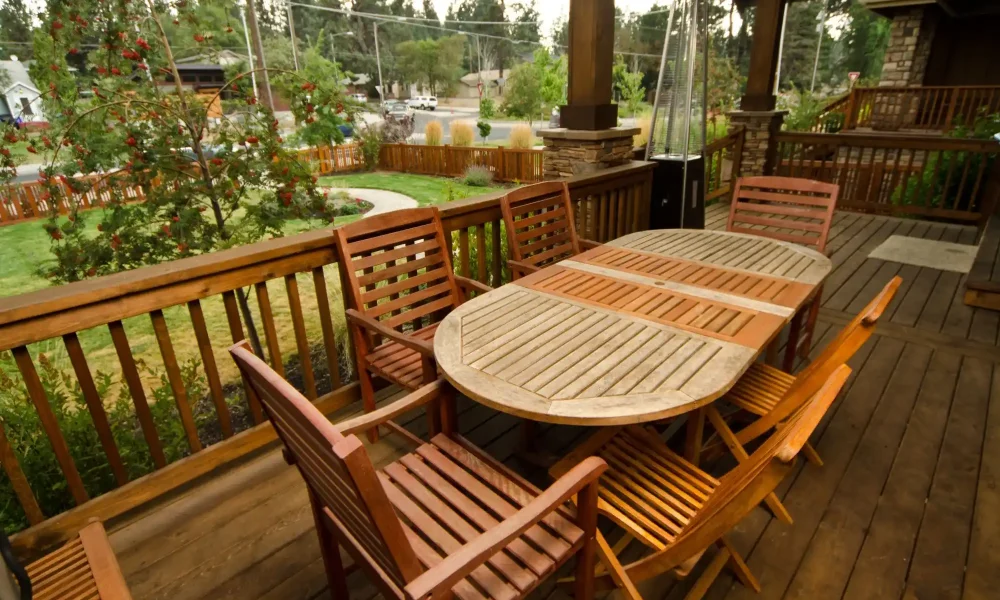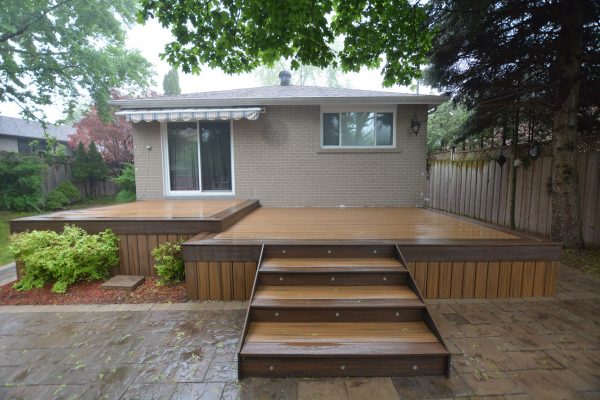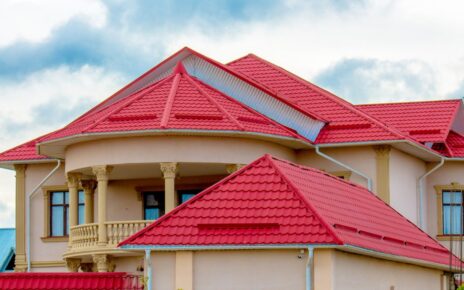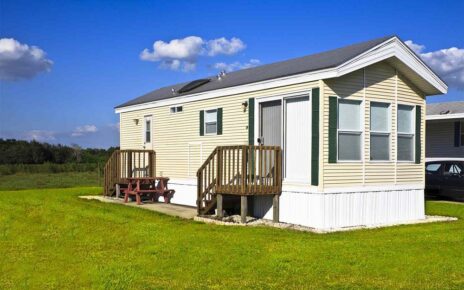Investing in a new deck represents a significant home improvement decision that directly impacts your property’s value and your family’s enjoyment of outdoor living space. While the temptation to cut costs with cheaper decking materials might seem appealing initially, understanding the potential consequences of this choice saves considerable frustration and expense in the long run.
Manufacturing standards
Lower-priced decking materials often achieve their competitive pricing through compromised manufacturing processes. These shortcuts include using recycled materials of questionable quality, reducing the density of composite mixtures, or utilizing wood from unsustainable sources without proper treatment. When such compromises are made, products rarely meet industry standards of durability, safety, and performance.
Impact on installation costs
Many homeowners overlook how cheaper materials actually increase overall project costs. Professional installers often charge higher labour rates when working with low-quality materials because they:
- Require more time to sort through and reject defective pieces
- Need additional fasteners to ensure stability
- Must implement extra reinforcement measures
- Face challenges maintaining consistent spacing and alignment
- Spend more time addressing material imperfections
Durability under daily use
The performance gap between quality and cheap decking materials becomes particularly evident under regular use. Premium materials maintain their integrity despite the following:
- Heavy foot traffic
- Furniture movement
- Pet activity
- Impact from dropped objects
- Regular cleaning and maintenance
Cheaper alternatives often show wear patterns, denting, and surface damage within months of installation.
Aesthetic deterioration
The visual appeal of cheap decking materials often deteriorates rapidly. Common aesthetic issues include:
- Inconsistent weathering patterns
- Premature colour fading
- Surface roughness development
- Visible fastener failure
- Noticeable warping and cupping
Environmental impact assessment
Cheap decking materials often carry hidden environmental costs that extend beyond their manufacturing process. Low-quality wood products may contribute to deforestation when sourced from unsustainable forests, while inferior composites might contain non-recyclable components or harmful chemicals. These materials typically have shorter lifespans, leading to more frequent replacements and increased waste in landfills. The substances and treatments required to maintain these materials can leach into soil and water systems, creating long-term environmental concerns.
Property value implications
Real estate professionals consistently observe that decks constructed with cheap materials can negatively impact property valuation. Potential buyers often recognize low-quality decking during home inspections, leading to:
- Reduced offer prices to account for future replacement costs
- Extended negotiation periods over maintenance concerns
- Decreased overall property attractiveness
- Limited market appeal to quality-conscious buyers
- Potential inspection failures requiring immediate attention
Accessibility and universal design
When considering decking materials, accessibility becomes increasingly important, especially for ageing-in-place considerations. Cheap materials often perform poorly in terms of:
- Consistent surface texture for mobility devices
- Long-term stability for support fixtures
- Weather-resistant grip patterns
- Sound dampening capabilities
- Edge definition for safety
Integration with smart home features
Modern decking often incorporates technology integration; which cheaper materials may not support effectively:
- Built-in lighting system durability
- Sensor installation stability
- Weather-resistant electrical conduit placement
- Smart device mounting capabilities
Given the significant role a deck plays in outdoor living space, compromising on material quality rarely proves worthwhile. Focus on safety considerations and longevity expectations instead of just costs. When evaluating the best decking options, focus on long-term value to ensure your investment delivers enduring satisfaction and dependable performance for years to come.






